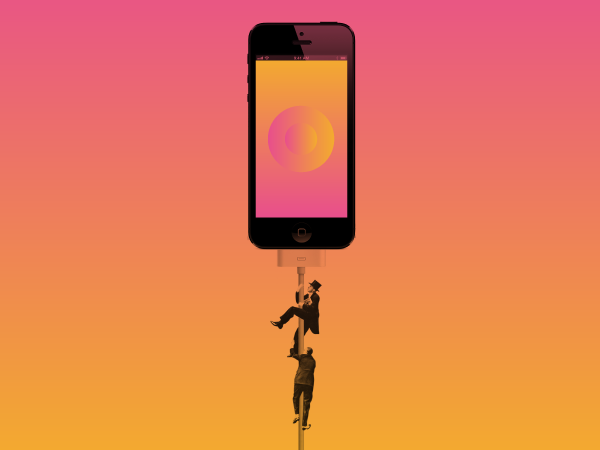The smartphone society

Just as the automobile defined the twentieth century, the smartphone is reshaping how we live and work today. Boston University sociology lecturer Nicole Aschoff explores it aLL.
Half way down her leftist criticism of how the smartphone exemplifies and accentuates neoliberal capitalist economic relations, she articulates a view on smartphones as performance tools that we can all recognize:
“Erving Goffman, an influential American sociologist, was interested in the self and how individuals produce and perform their selves through social interaction. By his own admission, Goffman was a bit Shakespearean — for him “all the world is a stage.†He argued that social interactions can be thought of as performances, and that people’s performances vary depending on their audience.
We enact these “front-stage†performances for people — acquaintances, coworkers, judgmental relatives — that we want to impress. Front-stage performances give the appearance that our actions “maintain and embody certain standards.†They convince the audience that we really are who we say we are: a responsible, intelligent, moral human being.
But front-stage performances can be shaky and are often undermined by mistakes — people put their foot in their mouth, they misread social cues, they have a piece of spinach lodged in their teeth, or they get caught in a lie. Goffman was fascinated by how hard we work to perfect and maintain our front-stage performances and how often we fail at them.
Smartphones are a godsend for the dramaturgical aspects of life. They enable us to manage the impressions we make on others with control-freak precision. Instead of talking to each other, we can send text messages, planning our witticisms and avoidance strategies in advance. We can display our impeccable taste on Pinterest, superior parenting skills on CafeMom, and burgeoning artistic talents on Instagram, all in real time.”



